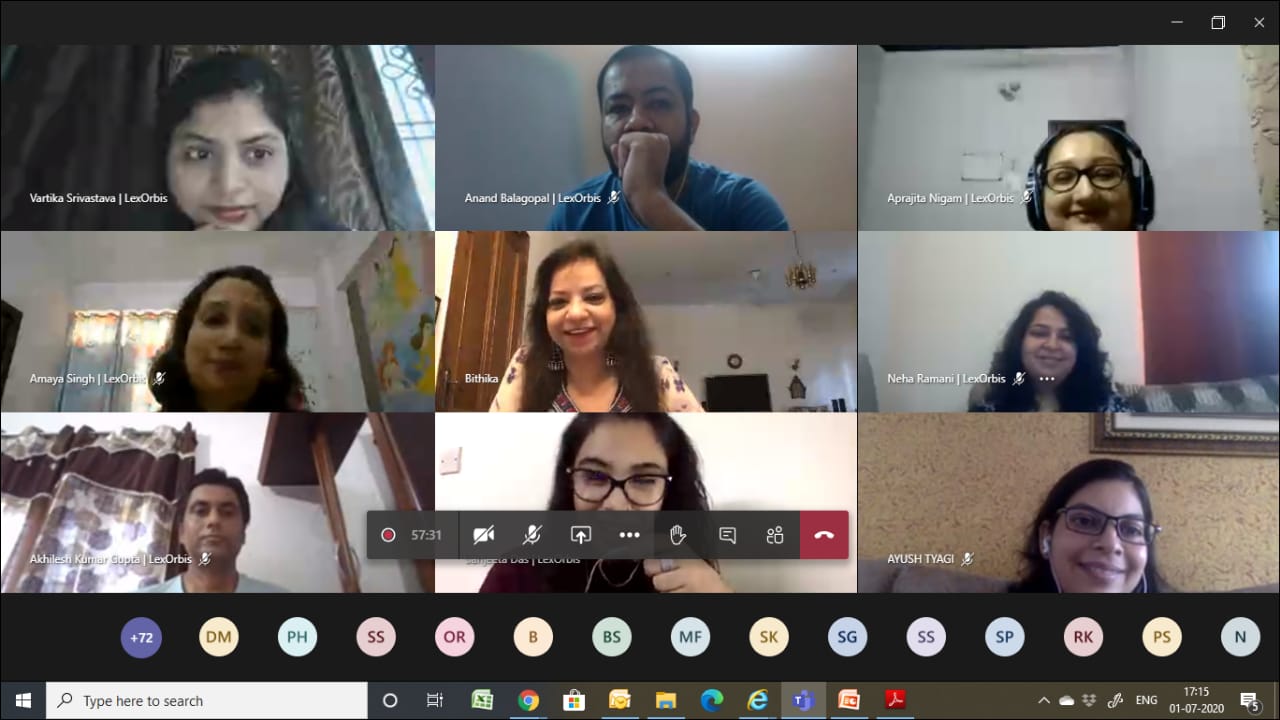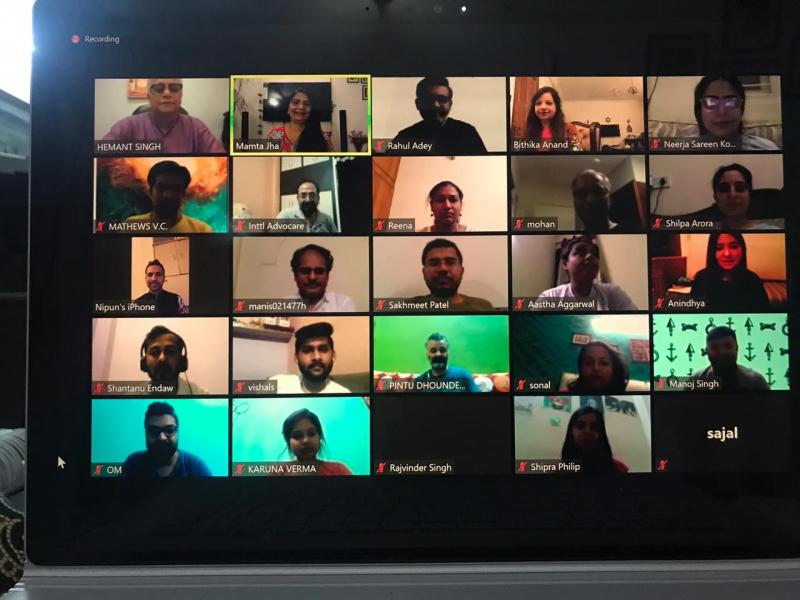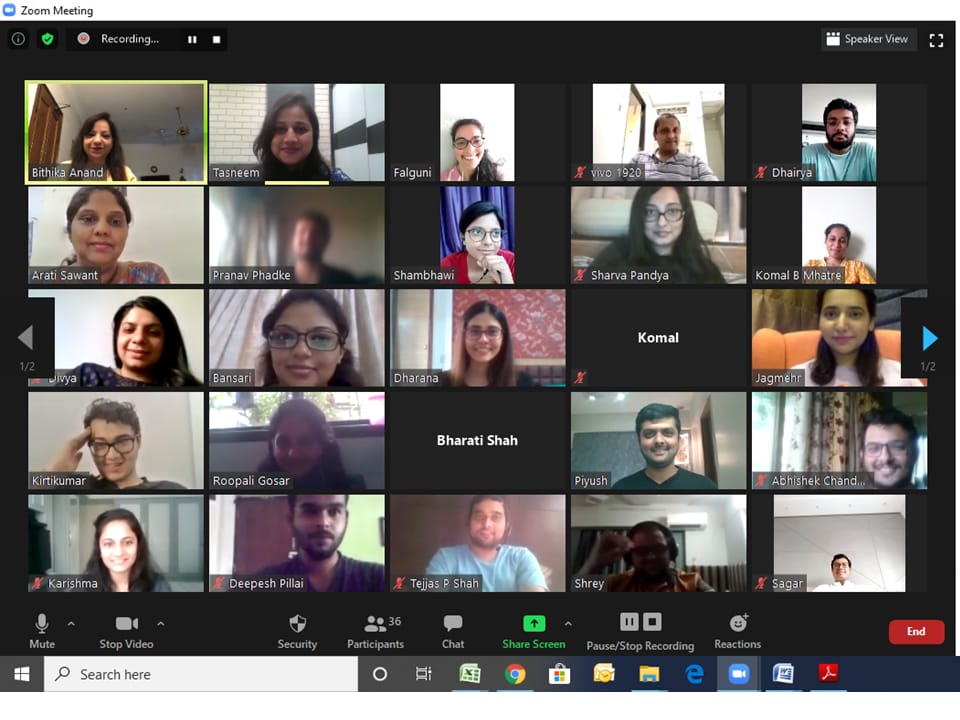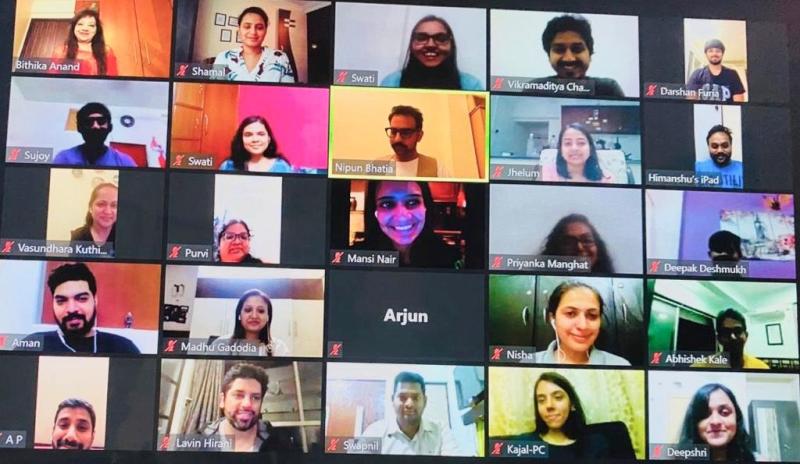Most people don’t know how quickly the legal world is changing. The rules have changed because of technology, globalization, and what clients want. Law school graduates today can’t just know the law; they also need to know how to use it in a world that is becoming more digital, data-driven, and focused on the client.
Let’s look at the skills that will really set the next generation of lawyers apart and tell the difference between those who do well and those who just get by.1. Legal Tech Fluency: The New Standard
Here’s the deal: technology won’t take over lawyers, but lawyers who know how to use technology will take over those who don’t.
Tools that automate research, due diligence, and even writing contracts are what make modern law work. It’s no longer optional to know how to use AI-based tools, document automation software, and e-discovery platforms. It’s expected.
But it’s not just about the tools. It’s all in your head. Lawyers who are ready for the future will know how to use technology in their work to save time, cut costs, and give clients better results.
If you want to work for a company that values innovation as much as expertise, you can find one by getting in touch with a top legal recruitment agency in India.
2. Knowing how to run a business and manage money
Law doesn’t work alone; it works along with business. Not only will the next generation of lawyers need to know the law, but they will also need to know how to read balance sheets, business models, and market trends.
Clients don’t want long legal memos anymore. They want advice that is useful for their business.
A lawyer who can read a P&L statement, understand market risks, or see how a clause will affect business is much more useful than one who just knows the law.
What this really means is that you need to be able to speak both business and law fluently if you want to stand out.
3. Understanding how clients feel and being emotionally intelligent
Empathy is a skill that no AI can copy.
People’s problems, fears, and hopes are what law is really all about. Building trust means being able to listen deeply, understand how clients feel, and respond with care.
Lawyers of the future will need to find a balance between making decisions based on data and connecting with people. Emotional intelligence will determine how well you build relationships and affect outcomes, whether you’re negotiating, mediating, or giving advice.
Empathy is not a soft skill; it is a power skill.
4. Thinking across disciplines
These days, legal issues rarely stay within one area. A data privacy case could have to do with cybersecurity, trade between countries, and intellectual property.
This means that the next generation of lawyers needs to think outside of the box.
They will need to work with engineers, policymakers, designers, and economists. The ability to connect the dots between different fields will make the good stand out from the great.
This cross-domain awareness also helps lawyers stay relevant in the future. When laws change, knowing what’s going on around them keeps you relevant.
5. Good at talking and telling stories
It’s not about sounding smart when you write legal documents; it’s about being clear.
The best lawyers of the future will be able to explain complicated legal ideas in a way that is easy for clients, juries, and even computers to understand. Clarity will always win over complexity, whether you’re writing a contract, a legal brief, or speaking in court.
And what about stories? That’s your secret weapon.
The ability to turn dry facts into interesting stories is what makes arguments convincing and advice stick in people’s minds.
6. Being able to change and learn new things all the time
Laws are not always the same. Technology changes. Industries change. Lawyers who stay relevant are the ones who keep learning.
Being adaptable means not only responding to change, but also expecting it.
That could mean learning the basics of coding, keeping up with new legal tech trends, or getting to know new fields like environmental law, fintech regulations, or AI ethics.
If you’re just starting out in the field, keep this in mind: your degree gets you started, but learning new things keeps you going.
7. Working together and building networks
The idea that lawyers work alone is old-fashioned. In today’s legal world, people work together across teams, borders, and areas of study.
Future lawyers will need to make and keep up with networks, not just for job opportunities, but also for learning and growing.
Young professionals can open doors they didn’t even know existed by working with mentors, going to industry events, and connecting with a top legal recruitment agency in India.
8. Honesty and Morality in the Digital Age
In a world where AI can make fake videos, deepfakes, and data manipulation, a lawyer’s most important tool will be their moral judgment.
Tomorrow’s lawyers will have to deal with new moral gray areas, like what is fair, what is clear, and what is really in the client’s best interest.
Ethics is more than just following the rules; it’s also about trust. The legal profession still relies on reputation, and one mistake in ethics can ruin years of credibility.
The Bottom Line
The next generation of lawyers and other legal professionals won’t just know the law; they’ll also know how to use it in a smart, creative, and ethical way in a world that is always changing.
People who know a lot about technology and people, who are always learning, and who aren’t afraid to question the way things have always been done will be successful.
This is both a challenge and an opportunity for law students and young professionals. You don’t have to be afraid of the future of law if you’re willing to change. You can help shape it.







